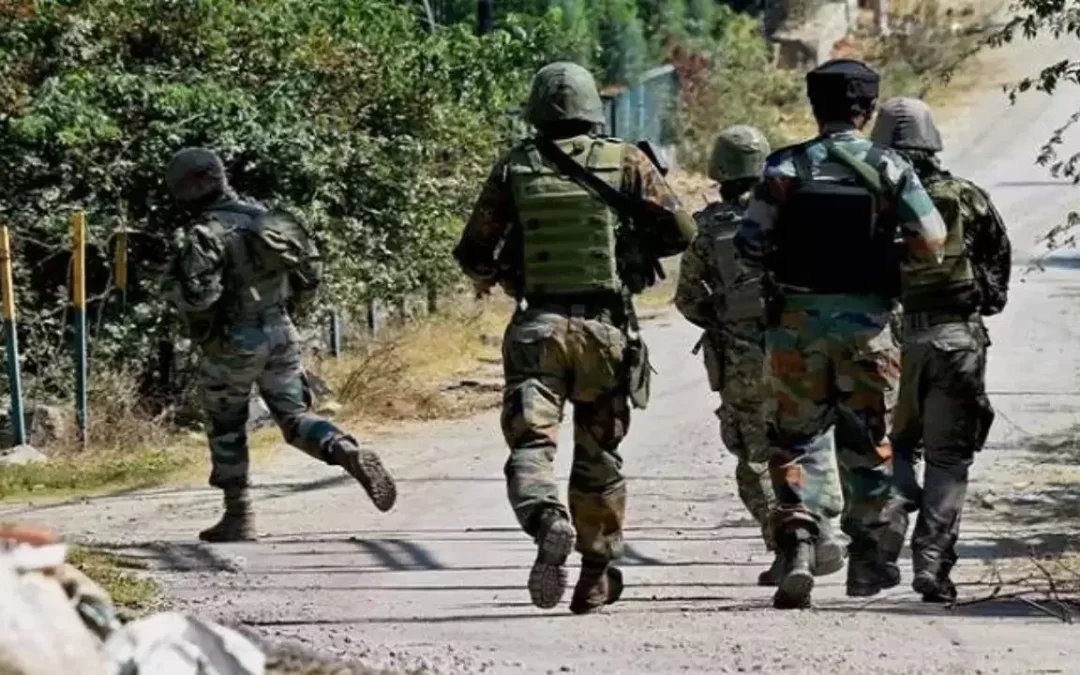NEW DELHI: Javed Munshi, a senior member of the banned terror group Tehreek-e-Mujahideen (TuM) and wanted for his alleged role in the 2011 murder of a cleric in Jammu and Kashmir, was arrested while attempting to execute a carefully planned escape to Pakistan via Bangladesh.
Munshi, described as an IED expert trained in Pakistan, intended to use river routes through the Sundarbans region to cross into Bangladesh and then proceed to Pakistan, which he viewed as a secure haven. According to a senior officer from the West Bengal Special Task Force (STF), his escape plan included multiple potential routes: traveling by road to Dhamakhali and then navigating rivers through the Sundarbans, or using the Raimangal River to reach Hemnagar in Hingalganj or Khulna via Sandeshkhali in North 24 Parganas district.
The West Bengal STF, in collaboration with Jammu and Kashmir Police, apprehended Munshi near Canning in South 24 Parganas district, around 60 km from Kolkata, late Saturday night. He had been in the area for two days, disguised as a shawl seller.
The STF revealed that Munshi was operating under the instructions of Lashkar-e-Taiba (LeT). Officials disclosed that the 58-year-old had been involved in jihadist activities and was likely attempting to recruit individuals in the region. Investigators are now examining call records from Munshi’s mobile phones to identify potential collaborators and trace his movements.
Munshi’s notes, which are currently being decoded, may offer critical insights into his network and future plans. “Bangladesh was a strategic transit point in his calculated escape route to Pakistan. His journey from Kashmir to Bengal was meticulously planned,” an officer explained.
During the arrest, authorities recovered an Aadhaar card listing a Srinagar address, ₹50,000 in cash, and two mobile phones. Officials suspect Munshi had traveled to Bangladesh several times before and maintained close ties with senior LeT operatives.
As the second-in-command of TuM, Munshi reportedly had connections with other terror groups operating in the Kashmir Valley, Pakistan, and Bangladesh. His arrest marks a significant development in counter-terrorism efforts, with investigators working to dismantle his network and uncover further details about his activities and associates.






